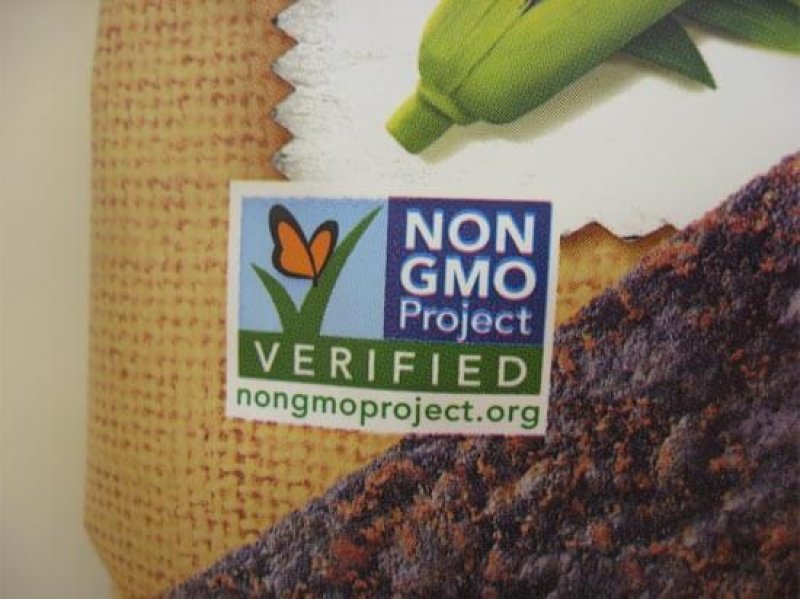Non-GMO labels on foods are popping up on grocery store shelves all over the US. These labels are intended to send the message that these foods are safe and healthy because they do not have GMOs.
…
The Food and Drug Administration (FDA), the government body that regulates and monitors the food supply, approves all foods and ingredients made from GMOs before they can be sold in the grocery store. Since 1993, the FDA has maintained that GMO foods are safe and do not pose any risk to human health. Many other health organizations have also reviewed evidence and found that GMO foods are safe to eat.
…
Some organizations have begun to call the use of non-GMO labeling misleading and unethical. Of concern to me as a nutritionist, is that consumers with lower incomes or those on fixed budgets may believe they have to buy the higher-priced non-GMO foods and limit their intake of healthy foods.
There is overwhelming scientific evidence that GMO foods are safe and pose no risk to human health. So the next time you are in the store, do read labels to determine which foods provide the most nutritional value, but be confident that you don’t need to spend more on those non-GMO labels.
Read full, original article: Don’t be afraid of what you don’t understand































